
Agranulocytosis
Agranulocytosis is a medical condition which features with low number of leukocytes, predominantly neutrophils. Actually their number is very low which may seriously jeopardize a patient's life. The reduction in neutrophils makes patients susceptible to infections. In agranulocytosis the number of neutrophils is way below 100/µL. The conditions is followed by increased body temperature and in severe cases of infection even sepsis may occur.
Agranulocytosis can be causes by certain medications and infective agents. It also occurs in certain genetic disorders, bone marrow cancers, autoimmune diseases, aplastic anemia and so on.
Treatment of Agranulocytosis
Medical care of patients suffering from agranulocytosis basically depends on the actual cause. If the disease is caused by certain medications they need to be discontinued as soon as possible. If patients take several medications and the doctor is not sure which of them is responsible for agranulocytosis all of them are discontinued.
It is essential to introduce antibiotics in the treatment. They will prevent possible infections and take care of already existing one. In majority of cases third-generation cephalosporins are administered.
Stomatitis and skin lesions also require local cleaning and therapy. Oral and gingival lesions are treated with saline and hydrogen peroxide rinses. Since all the oral lesions are accompanied with severe pain, patients are given local anesthetic gels and gargles.
In some cases, patients are given the recombinant neutrophil cytokine, filgrastim. It is most efficient if given prior the onset of the infections since this way it can reduce the length of the infection and the recovery time. Filgrastim is highly efficient in congenital neutropenia, idiopathic neutropenia as well as in cyclic neutropenia. It is not administered in patients with mild forms of neutropenia.
In some patients granulocyte growth factors are applied. Cytokines, for example, stimulate the production of neutrophils. And even colony-stimulating factors can contribute to better production of neutrophils. They directly stimulate precursor cells.
Transfusion of granulocytes is not so commonly given. Still it may be effective in patients suffering from very serious infections which do not respond to antibiotics. These transfusions have numerous side effects and their application is not advisable unless they are highly necessary.
Surgery is not an indication for patients suffering from agranulocytosis. Only in certain cases of systemic lupus erythematosus patients may benefit from splenectomy. This surgical procedure is also done in Felty syndrome.
The food that is consumed needs to be well cooked and patients need to restrain from raw fruit and vegetables since they may contain bacteria. For all those suffering from periodontitis and stomatitis soft or liquid food is recommended. And finally, spicy food is banned until the oral lesions heal.



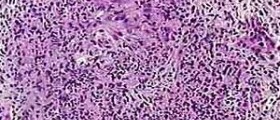


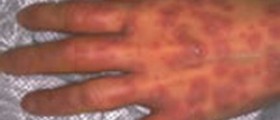





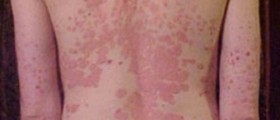

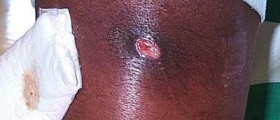
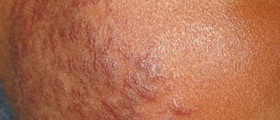

Your thoughts on this
Loading...